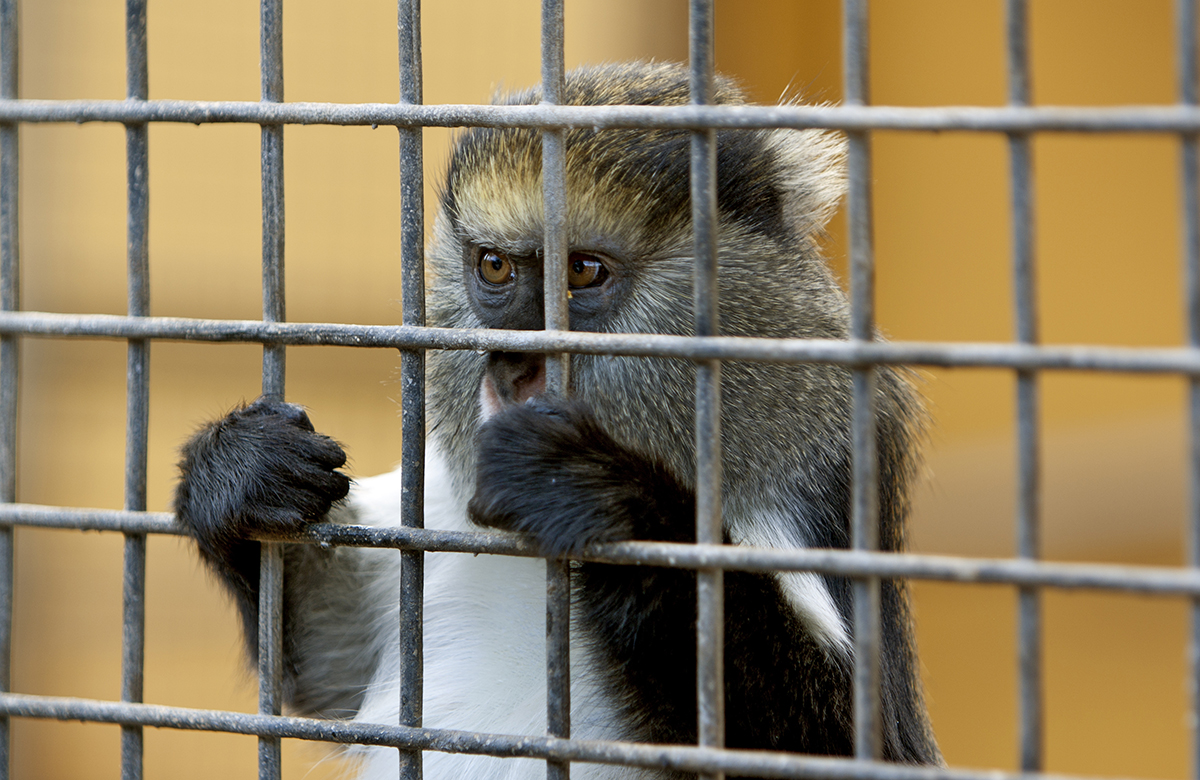California’s Supreme Court ruled that the sale of out-of-state pork must be accompanied by conditions that allow the breeding sow to roam freely.
This law was the initiative of animal rights advocates in California who campaigned for its enactment, stating it was essential to decrease disease spread from overcrowded conditions. However, the National Pork Producers Council initiated a constitutional challenge to the law, asserting that it unjustly regulates interstate commerce, as most pork production occurs outside California.
The court ruled 5-4 in favour of upholding the law, although the justices in the majority showed differing opinions on the reasons for supporting the California law.
Justice Neil Gorsuch, speaking on behalf of the majority, stated that the Constitution, while addressing many significant matters, does not specify the type of pork products Californian merchants may sell.
A majority of the justices in the court dissented from the ruling, including Chief Justice John Roberts, Justice Samuel Alito, Brett Kavanaugh, and Ketanji Brown Jackson.
The discussion focused on Proposition 12 – a California law prohibiting the sale of pork within the state, regardless of its origin, unless the sow is housed within 24 square feet and in a way that facilitates free movement. According to this yet-to-be-implemented law, any sale of pork in California that does not meet these conditions is considered a crime, carrying a penalty of a $1,000 fine or a 180-day jail term.
The case provoked queries about animal cruelty and whether one state could regulate another state’s pork production and levy substantial fines on pig farmers. While California defended the necessity of the law to avoid complicity in animal cruelty, pork producers argued it would overburden interstate commerce in violation of the Constitution.
Vladeck, a legal scholar at the University of Texas and a Supreme Court analyst for CNN says that although the case deals with a narrow issue, its implications are widespread. He noted that the ruling allows states to influence businesses in other states through their internal regulations, giving larger states substantial power to impact activities elsewhere.
The pork producers informed the justices that the considerable costs related to the law would primarily burden out-of-state farmers. Across the United States, 65,000 farmers rear 125 million hogs annually. While California accounts for 13% of the nation’s pork consumption, it raises only a small number of pigs.
However, in Thursday’s ruling, most justices rejected the producers’ arguments for repealing the law. Gorsuch, writing for the majority, stated that the producers were overreaching with their interpretations of the dormant Commerce Clause, which is assumed to prohibit state laws that intentionally discriminate against interstate commerce.
As a supporter of the California law, the Humane Society of the United States applauded the Supreme Court’s decision, reiterating state governments’ fundamental roles in protecting public health and preventing animal cruelty.
Lawyers for the National Pork Producers argued in court that the law would increase prices nationwide and that there was no scientific proof that the law was needed to enhance sow welfare.
Michael J. Mongan, the California Solicitor General, defended the law, arguing that Proposition 12 prohibits the sale of certain pork products in the state and that Californians chose to refuse to support products they found ethically objectionable and potentially dangerous by paying higher prices.
The Supreme Court’s decision highlighted the justices’ differing views on the scope of the Commerce Clause and its use by courts to overturn state regulations due to their impact on other states’ economic interests.
According to Gorsuch, the courts cannot weigh the benefits and costs of a state’s law on interstate commerce in a manner that balances the interests of residents and interstate commerce.
“People and their elected representatives usually make such policy choices in a functioning democracy,” Gorsuch wrote. If people weigh the relevant ‘political and economic’ costs and benefits for themselves, they can experiment with new social and economic theories if they choose to do so.”
Justices Sotomayor and Kagan, in a concurrence written by Sotomayor, did not agree with that part of Gorsuch’s opinion, asserting that courts can weigh such interests. However, they agreed that the pork producers had not met the criteria in this instance. Justice Barrett also wrote separately to indicate that, although she did not believe courts could balance these costs and benefits if they could, she would have allowed the lawsuit against the pork regulations to proceed.
Chief Justice Roberts, along with Justices Alito, Kavanaugh, and Jackson, argued for sending the case back to lower courts for additional consideration on whether the regulations’ burden on interstate commerce outweighed the benefits brought to California by the pork law. Justice Kavanaugh wrote an additional concurrence to pose questions he believes the law raises under other clauses of the Constitution.







